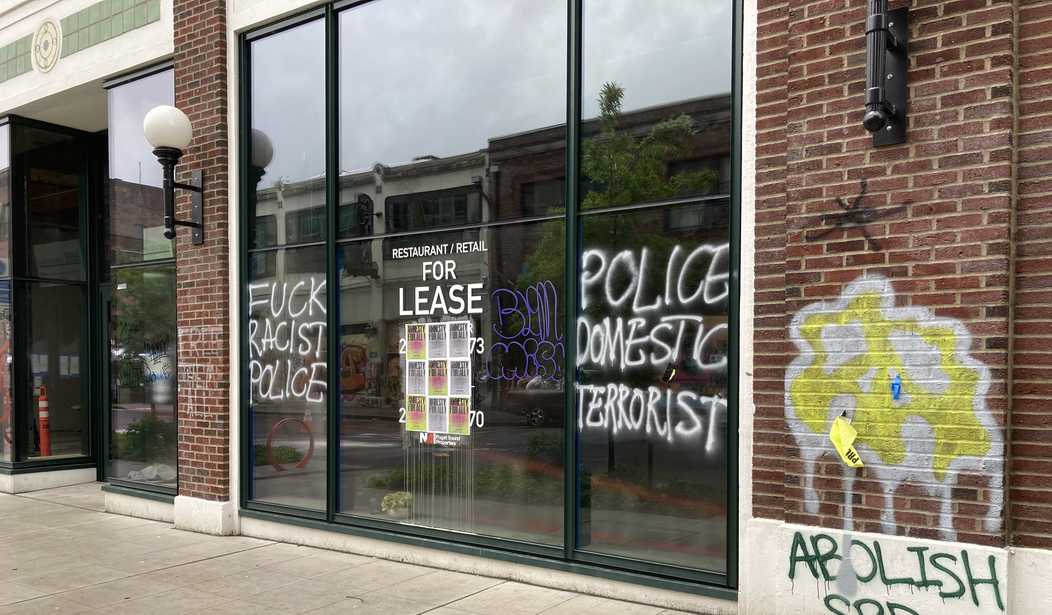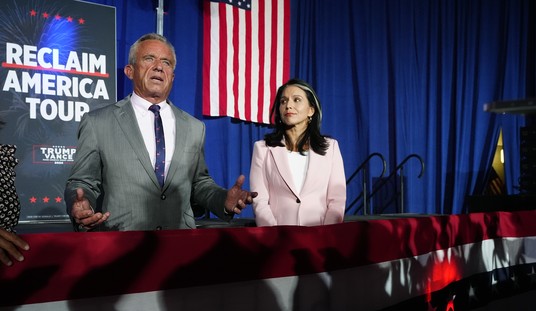Why did so many police officers quite the force over the past year? Today the NY Times looks at that question with a particular focus on Asheville, North Carolina, a blue city in a red state.
As protests surged across the country last year over the death of George Floyd at the hands of the Minneapolis police, Officer Lindsay C. Rose in Asheville, N.C., found her world capsized.
Various friends and relatives had stopped speaking to her because she was a cop. During a protest in June around Police Headquarters, a demonstrator lobbed an explosive charge that set her pants on fire and scorched her legs.
She said she was spit on. She was belittled. Members of the city’s gay community, an inclusive clan that had welcomed her in when she first settled in Asheville, stood near her at one event and chanted, “All gay cops are traitors,” she said.
Rose got the message that she wasn’t wanted or respected. She took several months off but when she returned she decided that she was done. Last September she quit her job after seven years. She wrote a post on social media explaining her decision. “I’m drowning in this politically charged atmosphere of hate and destruction,” she wrote.
Rose was far from alone. The city of Asheville lost 80 officers out of 238, just over a third of the entire force. Police Chief David Zack said it was the protests that drove those officers out:
The fact that the protests were directed at them pushed many officers to quit, he said. “They said that we have become the bad guys, and we did not get into this to become the bad guys.”
A sense that the city itself did not back its police was a key reason for the departures, according to officers themselves as well as police and city officials. Officers felt that they should have been praised rather than pilloried after struggling to contain chaotic protests…
In September, somebody dropped a coffin laden with dirt and manure at the front door of Police Headquarters. “The message was taking a different turn,” Chief Zack said. “The message was not about police reform, but, ‘We endorse violence against police’.”
Meanwhile, a similar wave of retirements and resignations was happening in police departments across the country:
A survey of about 200 police departments indicates that retirements were up by 45 percent and resignations by 18 percent in the period between April 2020 and April 2021, when compared with the preceding 12 months. The percentage of officers who left tended to be larger for departments in big or medium-size cities, according to the Police Executive Research Forum, a Washington policy institute that will release full data next week…
In New York, 2,600 officers retired in 2020, according to police statistics, after 1,509 retirements the year before. In Portland, Ore., 69 officers resigned and 75 retired from April 2020 to April 2021, versus 27 and 14 the previous year. In Seattle, resignations increased to 123 from 34 and retirements to 96 from 43.
In Asheville, about half the officers who quit found a different line of work. The other half transferred to other cities. One of those officers was Alec Dohmann who transferred to Greenville, South Carolina. He told the Times the difference was “night and day.” Instead of people coming up to berate him, he now has people coming up to thank him. The Times doesn’t draw any conclusions from this but I think they’re pretty obvious. Cops have a harder time working in blue cities because it’s progressives who are doing the shouting and spitting at them.
Speaking of progressives, a local member of the “Racial Justice Coalition” described the police who’d been hounded out of their jobs as “collateral damage.” The actual damage done by protesters to the lives of police officers in Asheville and elsewhere was significant. It’s good to see the Times belatedly noticing though it would have had a lot more impact if they’d published this story last year when it was actually happening.
Finally, the article refers to “protests” nine separate times (ten if you include the subhead) but, curiously, the group that organized those protests, the one whose name became synonymous with them, is never mentioned. Maybe the Times is trying to avoid becoming part of BLM’s marketing department but in this case it also comes across an effort to shield the group from some long overdue criticism. Say their name.







Join the conversation as a VIP Member